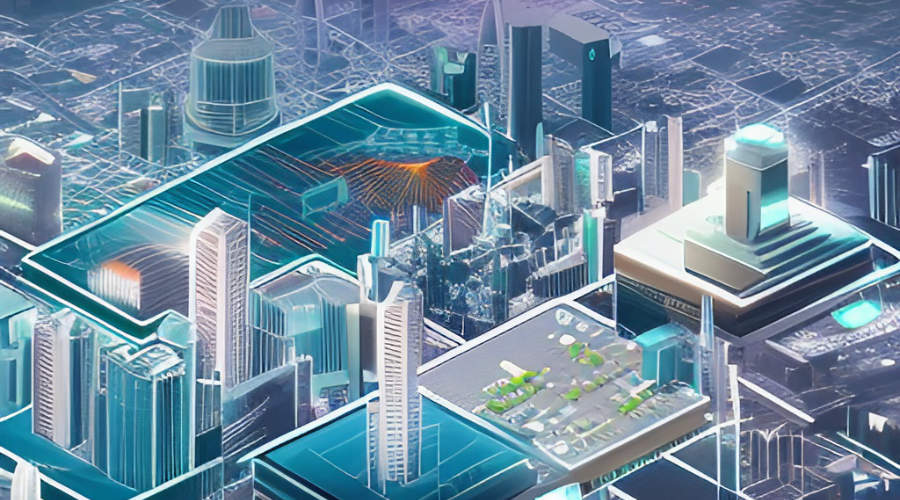
Smart city big-data applications are information and communication technologies that collect, process, and analyse data to support more efficient and effective governance, including but not limited to urban planning and transportation management.
Smart city big-data applications use processing power and data storage capacity far beyond the capability of traditional systems to support real-time analysis of large volumes of data from multiple sources.
These sources include but are not limited to social media, video surveillance, Internet of Things sensor networks, and weather reports.
The insights generated by smart city big-data applications can be used to improve urban planning, transportation management, public safety, and a wide range of other smart city functions.
How data analytics improve efficiency and reduce costs
Data analytics is playing an increasingly important role in the efficient management of city services. By analyzing data from multiple sources, Smart Cities can identify patterns and trends that can help improve the delivery of services to the citizens and to target resources more effectively.
But there’s another big benefit for city inhabitants: this data-driven approach can also help reduce costs for taxpayers.
For example, by analyzing data on traffic patterns, city planners can identify bottlenecks and develop solutions to reduce congestion and improve travel times.
Similarly, experts can use data analytics to optimize energy usage in buildings and manage waste more efficiently. As data analytics becomes more sophisticated, it will continue to play a key role in making cities more efficient and cost-effective.
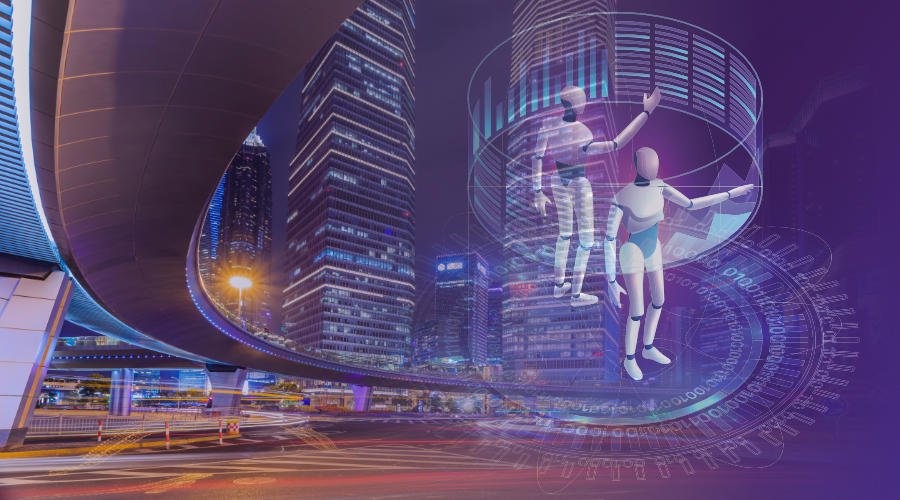
Smart city big-data applications examples
Cities all over the world are increasingly using big data to solve various problems and improve urban life. Here are a few positive examples of effective big-data applications in a smart city.
- Get insights that would not be possible to obtain through traditional methods.
- Track traffic patterns
- Predict crime hotspots
- Optimize public transportation routes.
- Improve city services such as healthcare and education.
As big-data applications become more commonplace, it is likely that more cities will begin to adopt them in order to improve the efficiency of city operations.
Smart City Big-data Applications challenges
Municipal data can be generated by a variety of sources, including everything from traffic cameras to water meters. But municipalities face a few challenges when trying to implement big-data solutions.
One of the biggest challenges is the huge size and complexity of big data. Dealing with big-data sets requires significant storage capacity, powerful computing resources, and specialised software.
Another challenge is that big-data sets are often unstructured, making it difficult to draw conclusions or make predictions.
Last but not least, municipalities must also ensure data privacy and security when dealing with big data sets.
With so many challenges to consider, it’s no wonder that many municipalities are still struggling to find effective ways to make use of big data unless they find the right resources and technology providers.
The citizens’ role in Smart city data collection and analysis
Municipalities look for ways to make their operations more efficient and citizens more engaged. Smart cities and their data applications can help with that.
Smart cities can collect data through the use of IoT devices. These devices can track everything, from traffic patterns to energy use and waste management.
However, data collection is only half the battle—we also need to analyse such data to use it properly. This is where citizens can play an important role: sending feedback.
By providing feedback on how the data is being used, citizens can help to ensure fair usage. In addition, by participating in data collection and analysis, citizens can help make their city ‘smarter’ and more responsive to their needs.
The future of Smart City big-data applications
The future of big-data applications in smart cities is shrouded in potential but fraught with challenges.
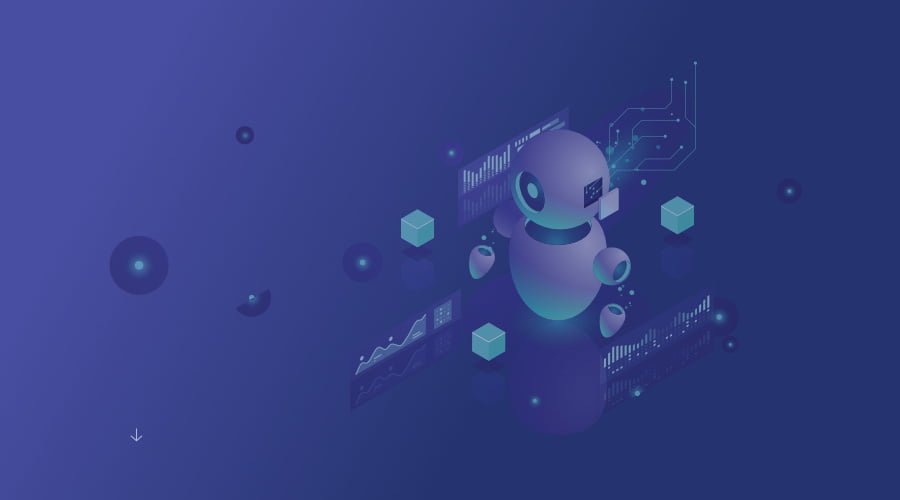
Challenges
- Big data raises significant privacy concerns, and it is unclear how city governments could harness their power without infringing on the residents’ rights. We trust technological advancement will help us cope with this issue, though.
- Implementing and maintaining a big-data infrastructure may be hugely pricy for many cities. Despite these challenges, the future of big-data applications in smart cities is still bright.
Benefits
- The use of big data has great potential. They will revolutionise how cities are run, making them more efficient, responsive, and livable.
- As city governments and residents become more comfortable with the technology, we will probably see much more innovative uses for big data that make our cities better places to live.
Citizens can be involved in collecting and analysing data for their city, and this is likely to become increasingly important as big data becomes a more integral part of city operations.
The future of big data in smart cities is full of possibilities and we are excited to see how it will continue to improve urban living around the world. WebRobot is a big-data company. Therefore, smart cities are an intriguing challenge—and the ultimate use case—for our experts who are developing ‘smart’ solutions for the upcoming future.
We can help cities achieve their big-data goals by providing powerful analytics solutions that allow them to collect, store, and analyse large datasets quickly and securely.
As a big-data provider and development company, our products are designed to develop and provide end-to-end applications to help municipalities get the most out of their data. Through data collection from IoT devices and powerful analytics, our solutions can help cities make data-driven decisions, develop more efficient operations, and create better outcomes for their citizens.
Check our big-data solutions and use cases and contact us to know how we can help you achieve your big-data goals.




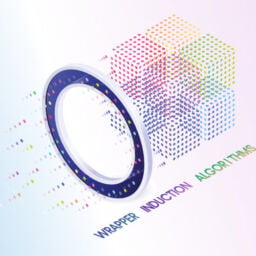

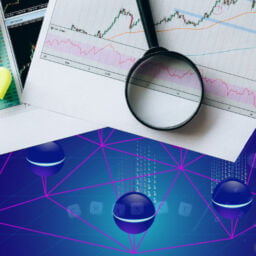


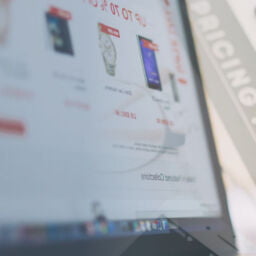
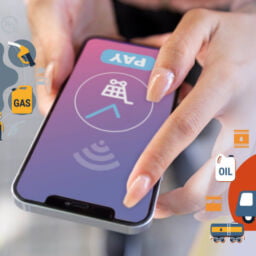

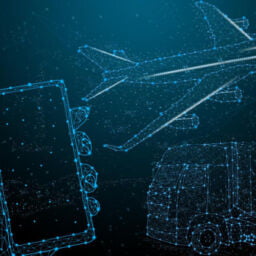
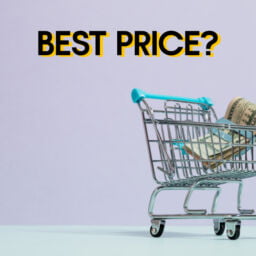

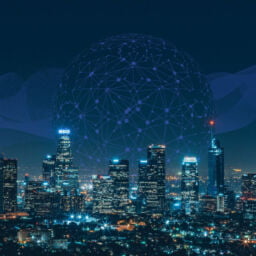
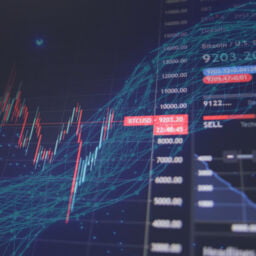
[…] IoT scraping use cases vary between business sectors. It can include anything from optimising transport routes for logistics companies to managing connected lighting systems for hotels or other activities in a so-called smart city. […]
[…] Internet of Things (IoT) devices generate vast amounts of data related to energy consumption, weather patterns, transportation, and more. Companies specializing in IoT data collection, such as Aclima and Plume Labs, offer access to datasets that can provide insights into economic activity and environmental factors. They are central elements in managing smart cities. […]
[…] table). Examples of unstructured data are images, text files, videos, social media data, audio, IoT-derived data, geospatial data, and surveillance data. The use of big-data scraping, in conjunction with Natural […]
[…] table). Examples of unstructured data are images, text files, videos, social media data, audio, IoT-derived data, geospatial data, and surveillance data. The use of big-data scraping, in conjunction with Natural […]